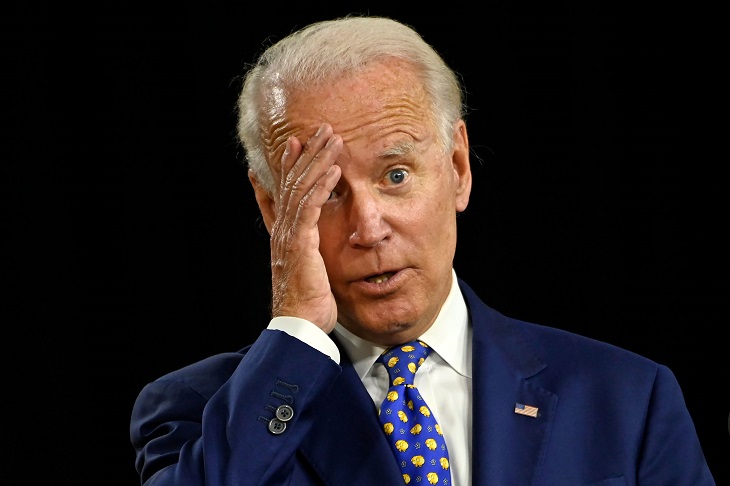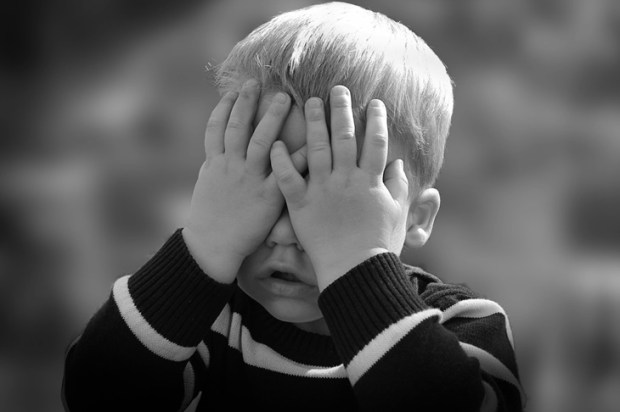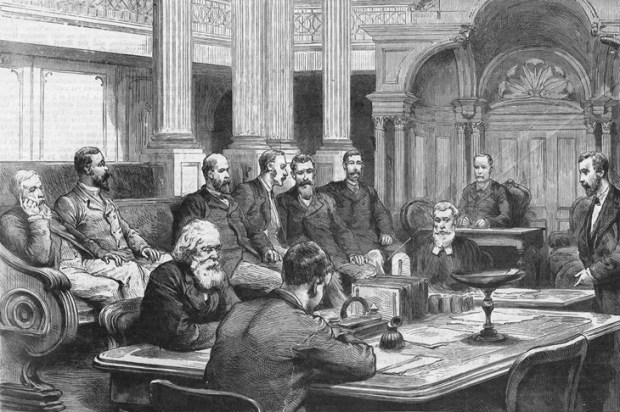If two years of intermittent lockdowns, compulsory masking, and all the other effects of Covid haven’t convinced our remaining Dr Panglosses that we still live in ‘the best of all possible worlds’, a simple counter remains: commonly-observed reality.
A quick trip around any of our cities and a glance at their inhabitants – the overweight and obese; the drunk and drug-addled; the unemployed and indigent – soon confirms that something is seriously amiss.
Already a subscriber? Log in
Subscribe for just $2 a week
Try a month of The Spectator Australia absolutely free and without commitment. Not only that but – if you choose to continue – you’ll pay just $2 a week for your first year.
- Unlimited access to spectator.com.au and app
- The weekly edition on the Spectator Australia app
- Spectator podcasts and newsletters
- Full access to spectator.co.uk
Or


























Comments
Don't miss out
Join the conversation with other Spectator Australia readers. Subscribe to leave a comment.
SUBSCRIBEAlready a subscriber? Log in